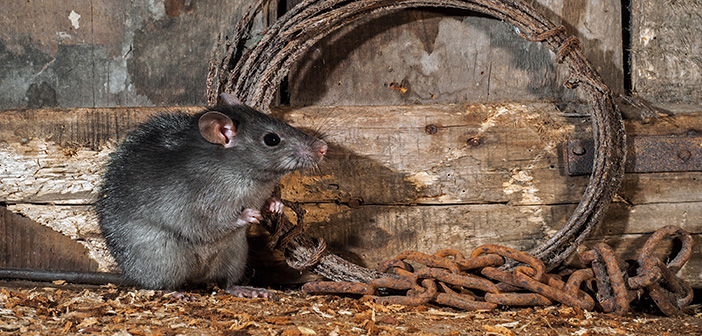Greater action is required to improve Red Tractor’s current approach to pesticide reduction, says a new report published by the Nature Friendly Farming Network (NFFN).
The Sub Standard report – supported by Pesticide Action Network UK and RSPB – reveals that Red Tractor urgently needs to review and strengthen its promotion of non-chemical pesticide alternatives, including via Integrated Pest Management (IPM).
It highlights the scheme’s lack of targets to reduce pesticide use and its failure to require its certified farmers to adopt alternative approaches such as selecting pest and disease resistant crop varieties, crop rotations and using biopesticides.
As the UK’s largest farm and food assurance scheme, the report argues that Red Tractor can become a key player in helping establish a sustainable UK farming system that is less heavily reliant on inputs and make a major contribution towards reducing pesticide reliance.
Sub Standard finds that Red Tractor is missing an opportunity to provide a strong and coherent framework for addressing pesticide use. It also identifies how Red Tractor can support its certified farmers to demonstrate best practice to consumers, thereby enabling them to add value to their business.
The report’s authors consulted farmers in a focus group and survey to identify what Red Tractor could do to help drive uptake of IPM, including via improved access to training, guidance and information. It concludes that if the scheme’s IPM requirements were strengthened significantly it would not only help to improve the diversity and resilience of farm ecosystems, but also drive positive change within farm businesses by reducing variable costs.
The report includes key recommendations for Red Tractor to raise its IPM standards, including introducing goals or targets for reduction applied to the totality of pesticide usage on certified farms as a whole, rather than farm-level targets, and recognises the need for targets to be flexible in response to changing weather and crop conditions.
Martin Lines, co-author of the report, farmer and chair of the Nature Friendly Farming Network, said: “There will always be a balance to strike between pesticide reduction and the quality and quantity of the crop produced, but Red Tractor has an opportunity to provide the right support and guidance in driving an uptake of IPM. This is more than achievable, but most importantly, incredibly necessary.”
“If Red Tractor can demonstrate reduction in pesticide use and enable best practice in IPM, it could help facilitate a route to nature recovery and connect its certified farmers to consumers at a time when the public want greater clarity – and trust – in their food labels. By improving IPM uptake, Red Tractor can help its farmers demonstrate world-leading environmental delivery and give a competitive advantage in a changing marketplace.”
Josie Cohen, head of policy and campaigns at PAN UK, added: “If we’re to have any hope of solving the biodiversity crisis then we must move away from our dependence on pesticides. But Red Tractor standards continue to prioritise the use of chemicals, without placing limits on how much or where they can be used.
“Unlike many UK supermarkets, Red Tractor allows its farmers to use any legal pesticide product, regardless of concerns over impacts to human health or the environment.”


